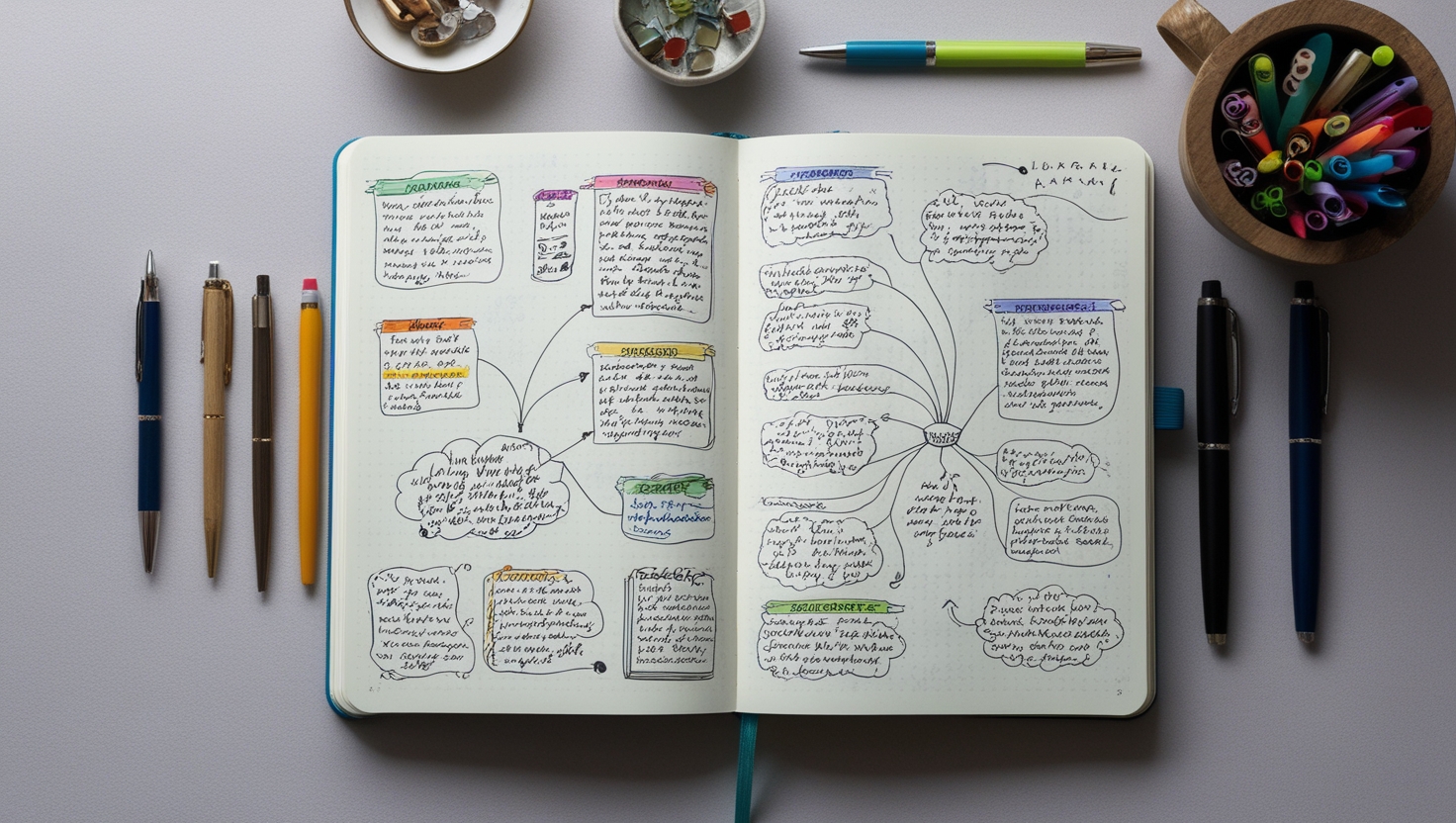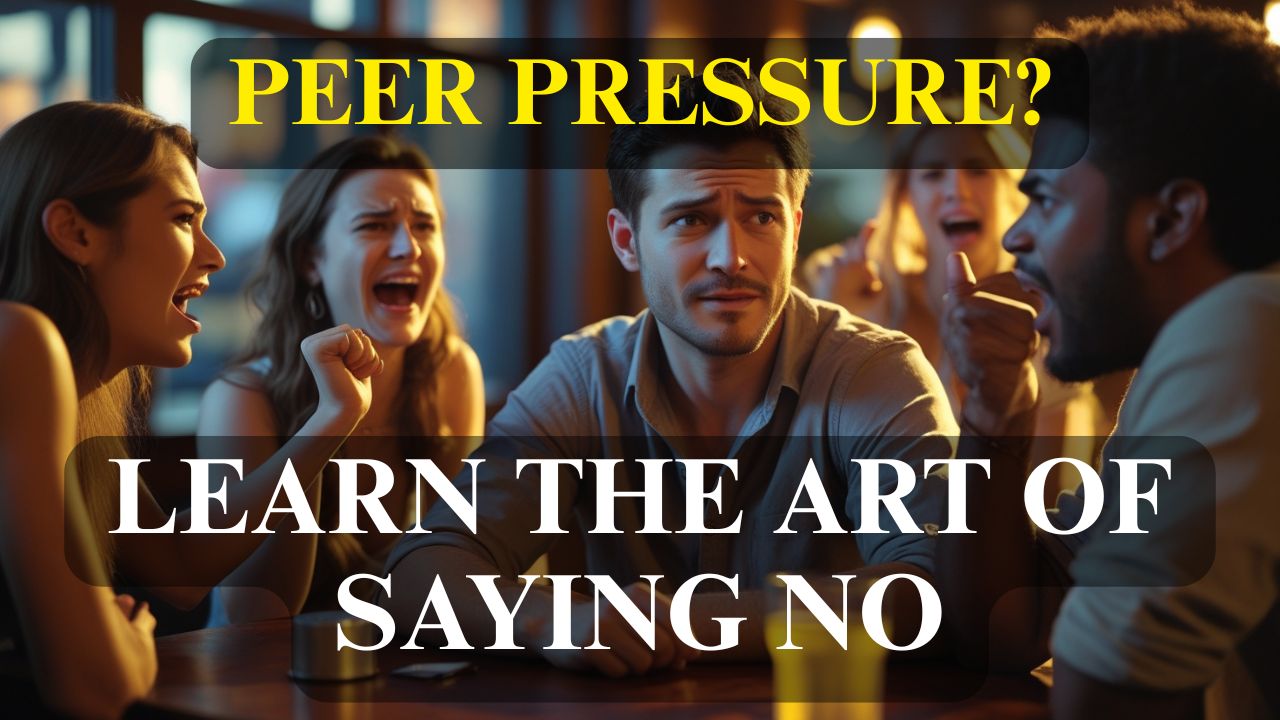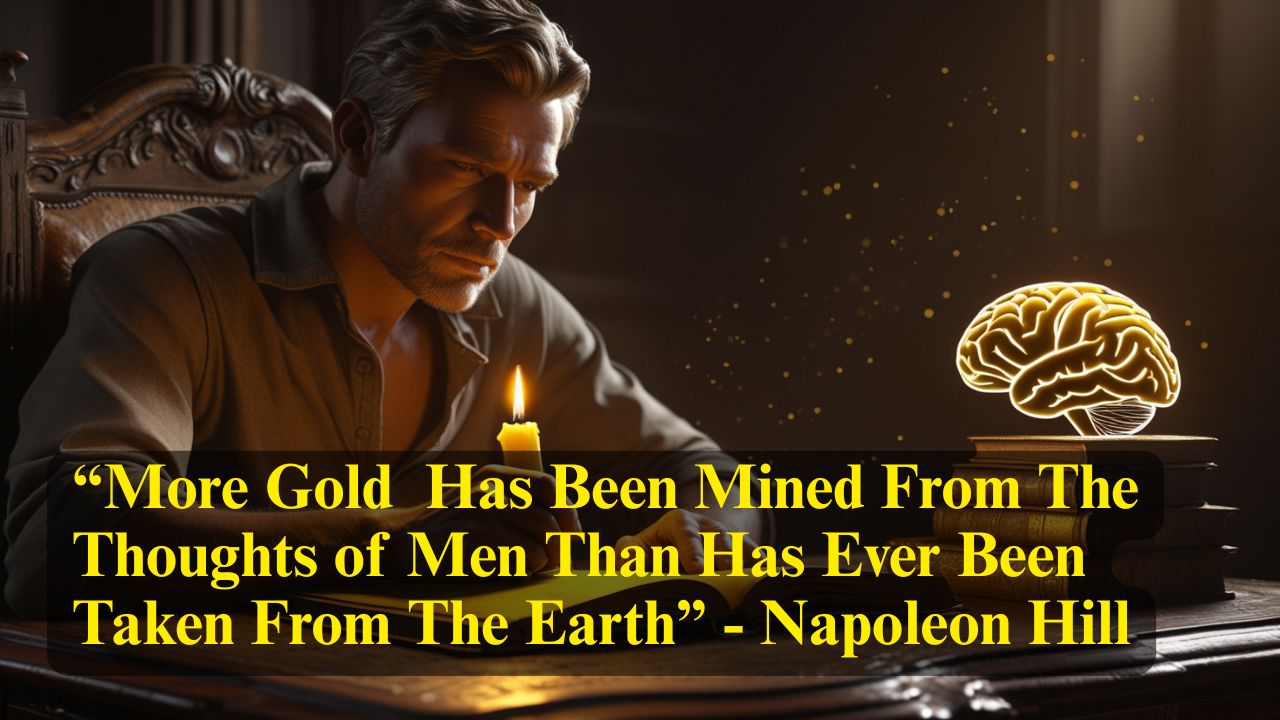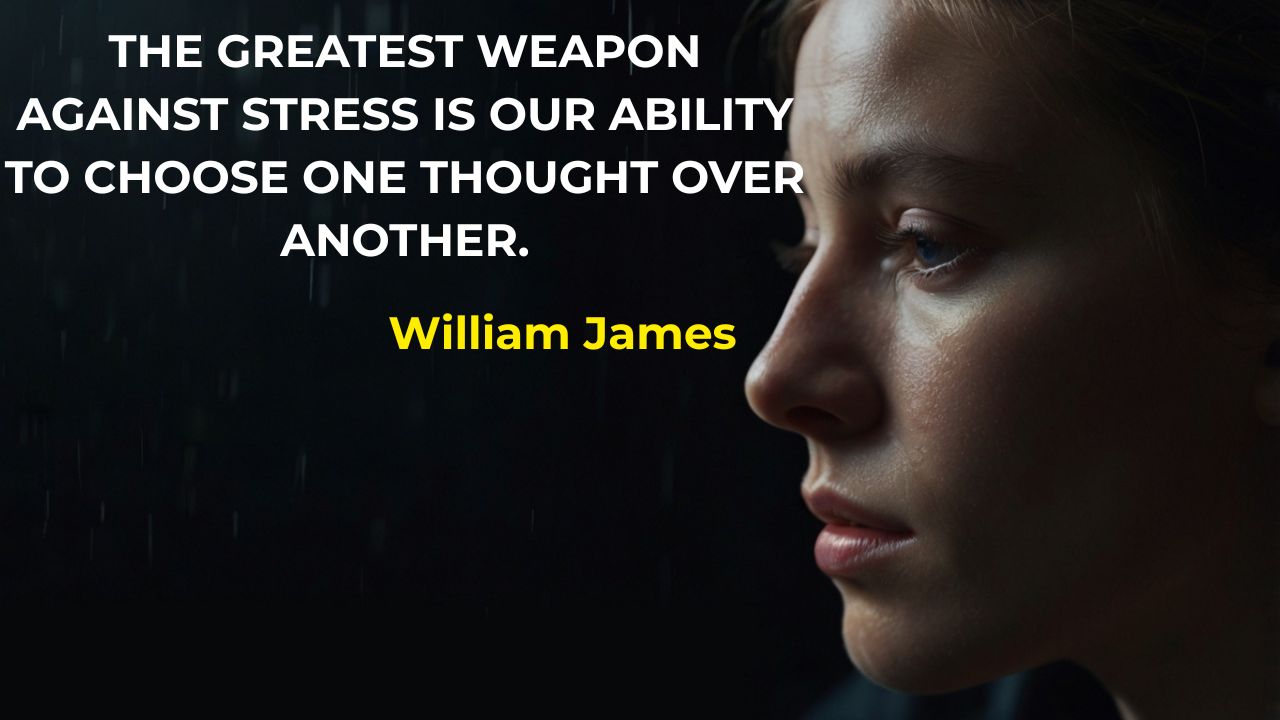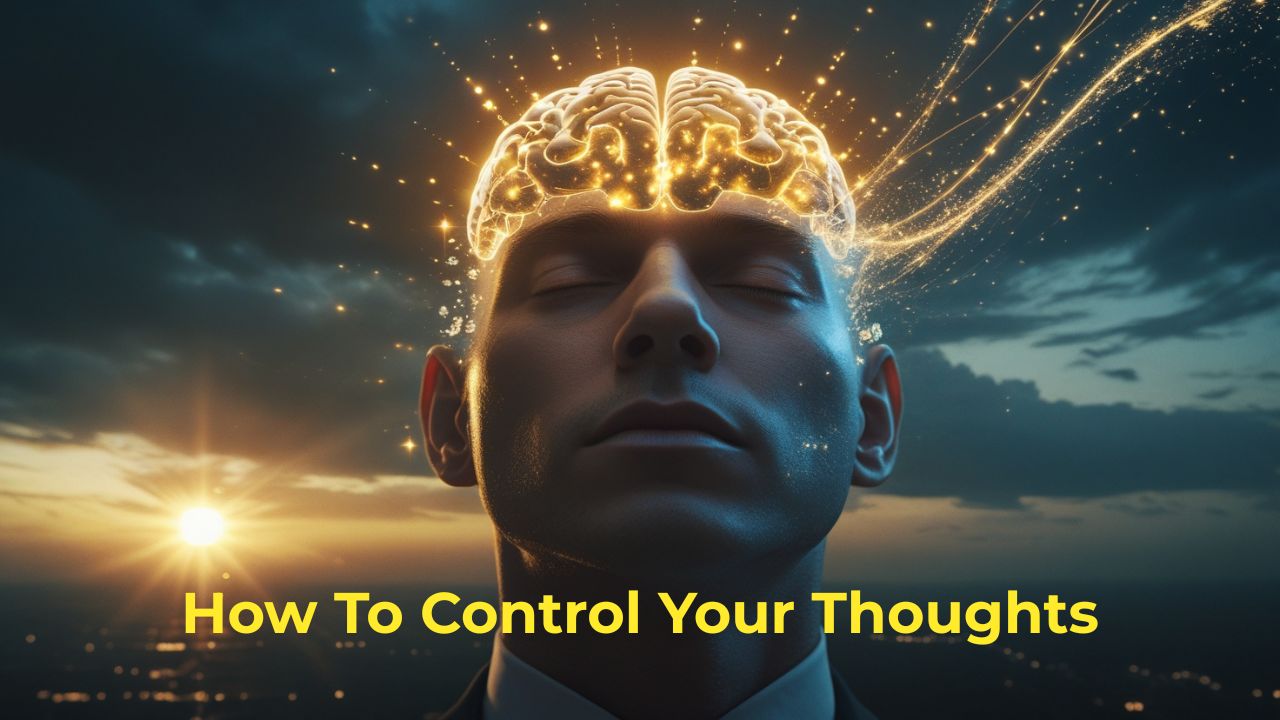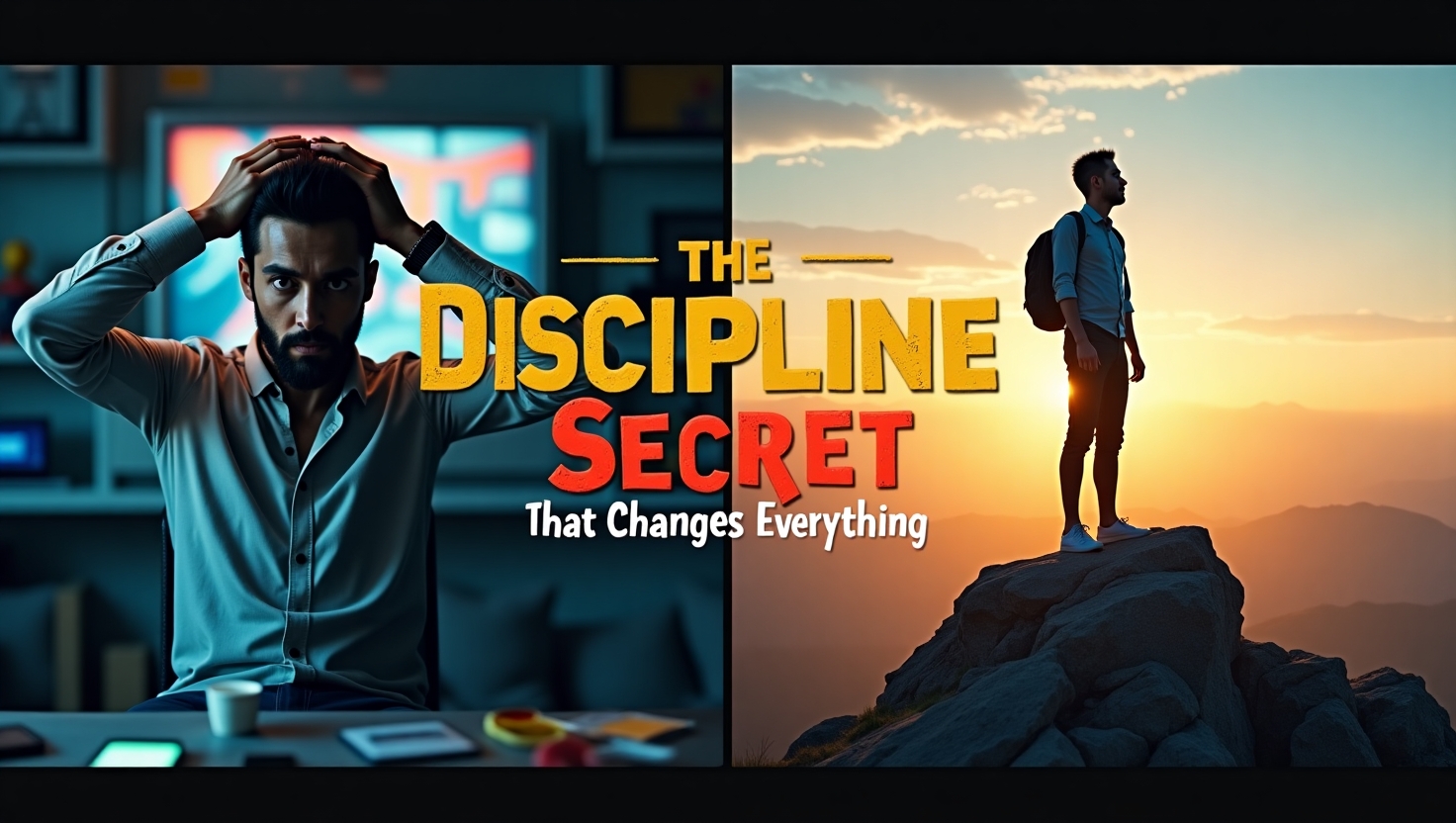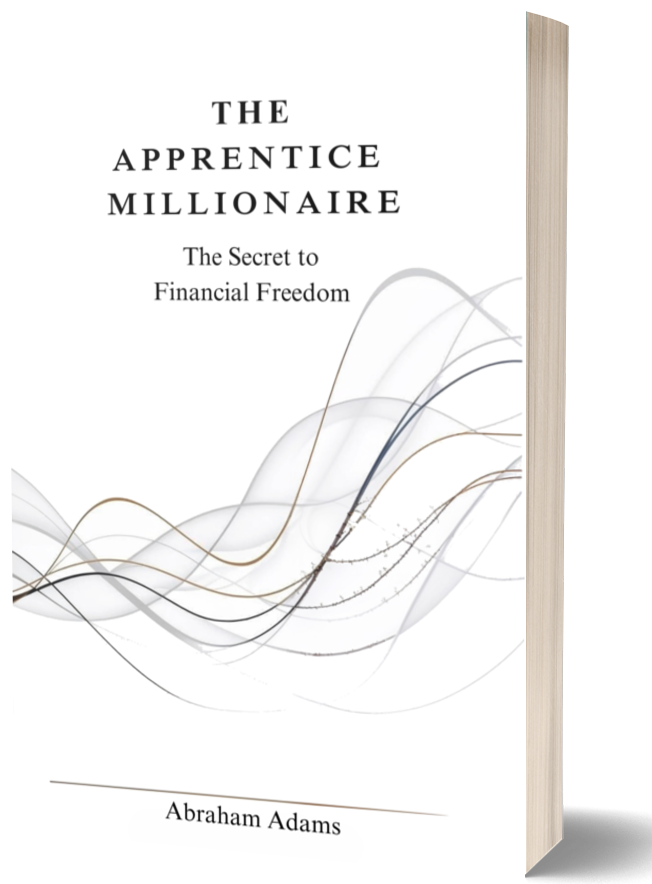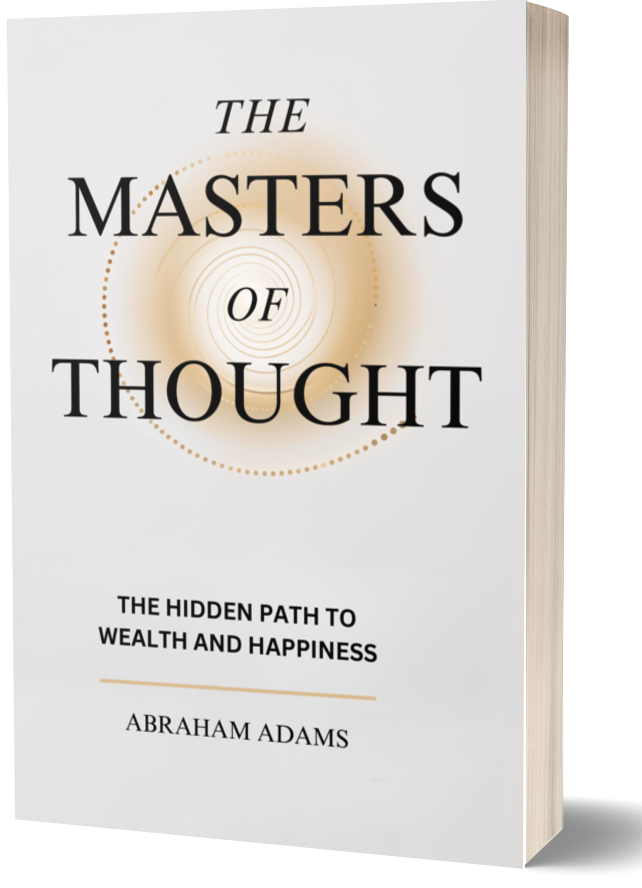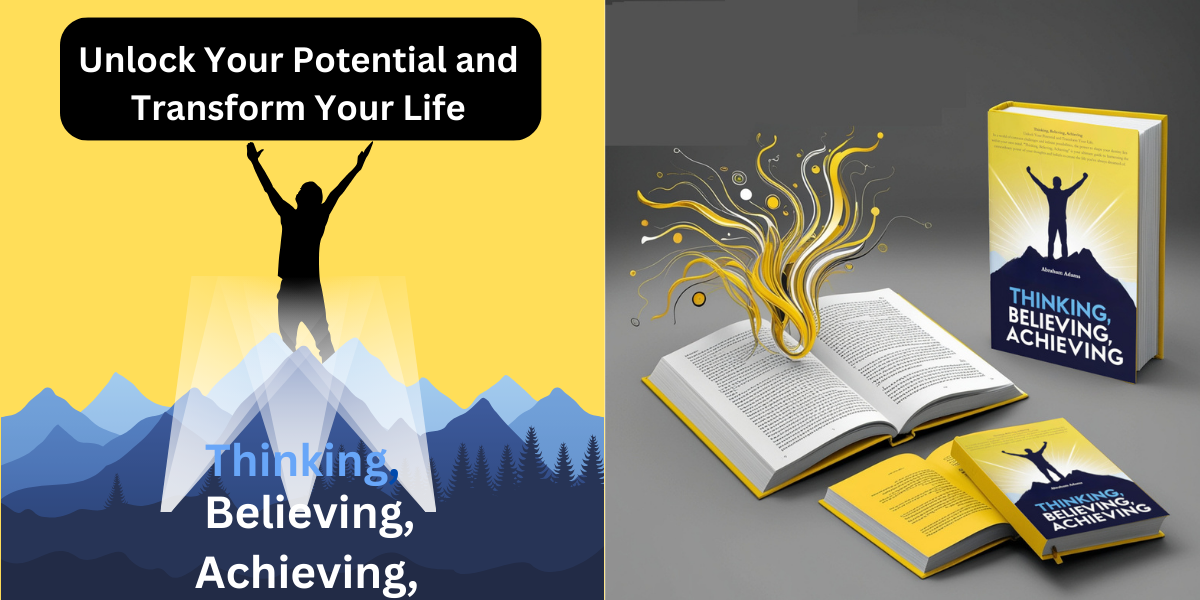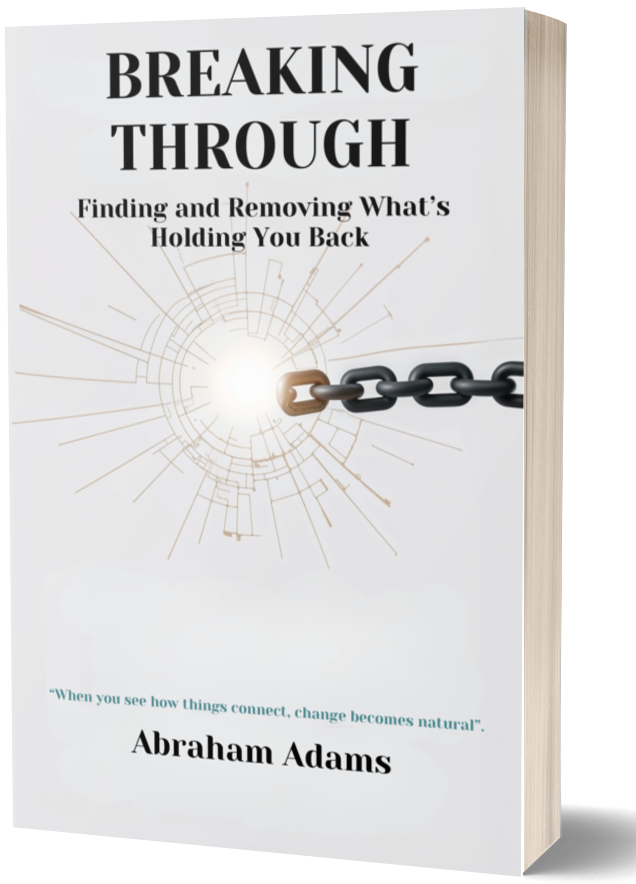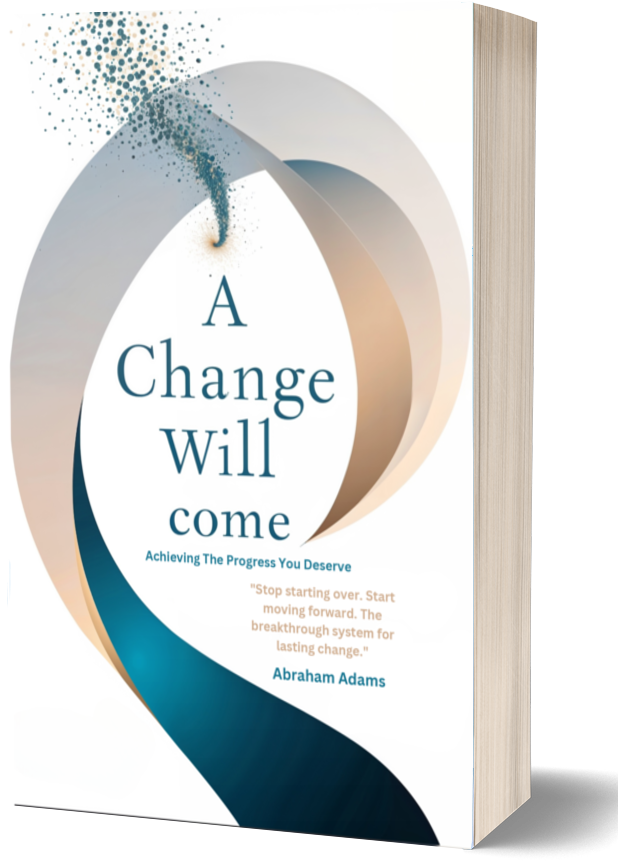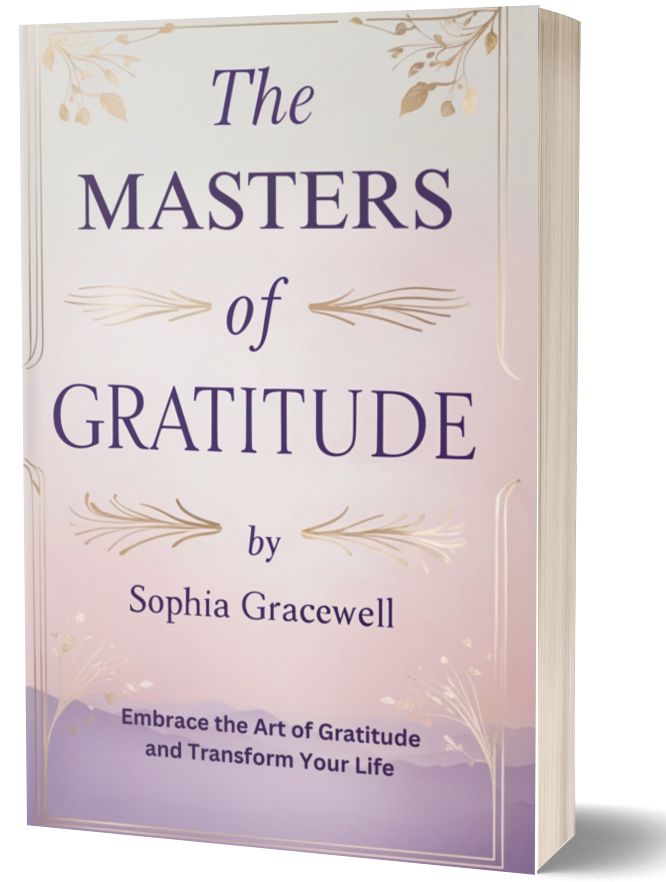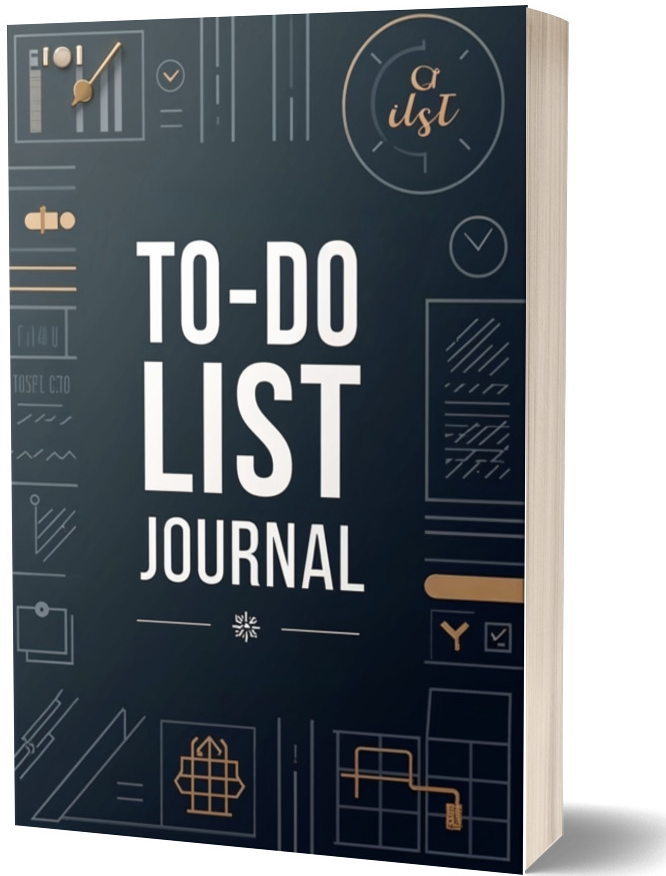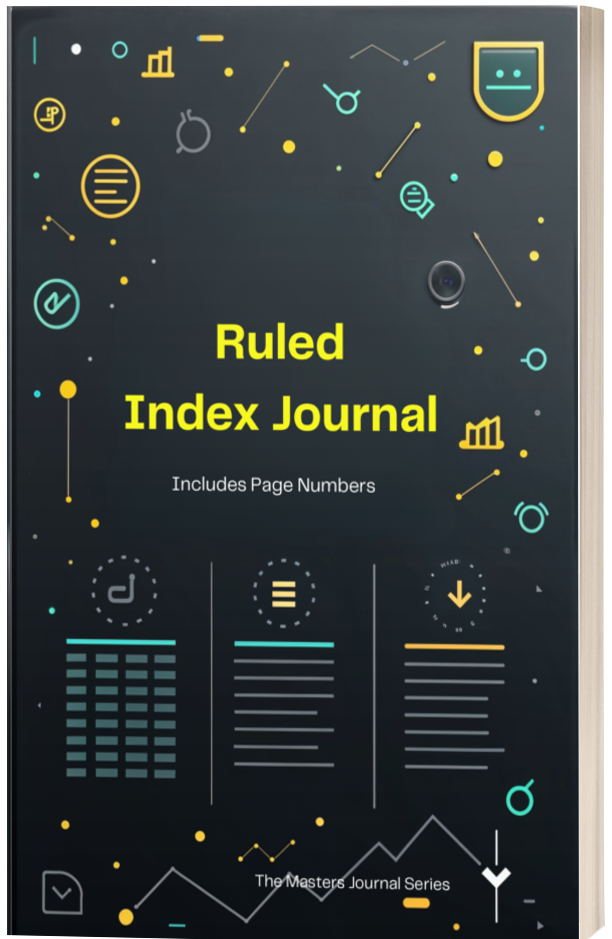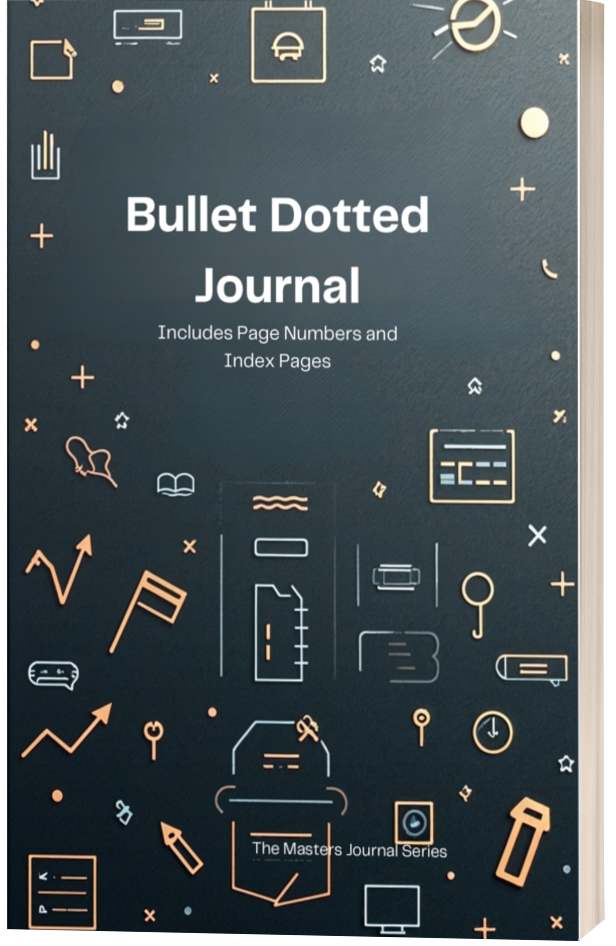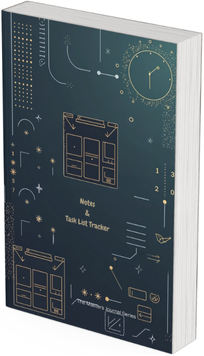Super User
It is the mark of an educated mind to be able to entertain a thought without accepting it. Aristotle
**Reflection on Aristotle’s Quote**
"It is the mark of an educated mind to be able to entertain a thought without accepting it." – Aristotle
This timeless insight from Aristotle emphasizes the importance of intellectual curiosity and critical thinking. An educated mind doesn’t merely absorb ideas—it evaluates them with reason, understanding, and discernment.
---
**Entertaining a Thought Without Accepting It**
To "entertain a thought" means to consider, explore, and examine an idea from multiple angles without automatically endorsing or rejecting it. This ability reflects intellectual maturity and openness.
- **Curiosity**: It shows a willingness to engage with new ideas, even those that challenge one’s beliefs.
- **Discernment**: It demonstrates the capacity to evaluate ideas critically, separating fact from opinion.
- **Flexibility**: It allows for growth by creating space to question assumptions and consider alternatives.
---
**Why This Skill Matters**
1. **Promotes Understanding**
Considering different perspectives fosters empathy and helps bridge divides, whether in personal relationships or global discourse.
2. **Encourages Growth**
By entertaining new ideas, we expand our horizons and refine our own beliefs. Exposure to diverse viewpoints leads to deeper insights and innovation.
3. **Guards Against Extremism**
The refusal to consider opposing ideas can lead to dogmatism and narrow-mindedness. A willingness to entertain other thoughts keeps us balanced and objective.
---
**How to Cultivate This Ability**
1. **Practice Active Listening**
Listen to others without interrupting or forming judgments. Focus on understanding their point of view.
2. **Ask Questions**
Challenge ideas by asking "Why?" or "What evidence supports this?" rather than outright rejecting them.
3. **Separate Emotions from Evaluation**
Avoid letting personal biases cloud your judgment. Assess ideas on their merits.
4. **Engage in Thought Experiments**
Imagine scenarios where you adopt a different perspective. This mental exercise sharpens your ability to entertain new ideas.
---
**Applications of the Quote**
- **Education**: A well-rounded education encourages students to explore diverse fields of thought without immediate acceptance or rejection.
- **Debate**: Productive dialogue relies on understanding opposing viewpoints, even if you don’t agree with them.
- **Personal Growth**: Embracing this principle helps you challenge your own biases and grow intellectually.
---
**Conclusion**
Aristotle’s quote reminds us that an educated mind is not rigid or dogmatic but open and discerning. The ability to entertain a thought without accepting it reflects confidence in one’s reasoning and a commitment to seeking truth. By practicing intellectual humility and curiosity, we enrich our understanding of the world and become more thoughtful, balanced individuals.
Thinking is the hardest work there is, which is probably the reason why so few engage in it. Henry Ford
**Reflection on Henry Ford’s Quote**
"Thinking is the hardest work there is, which is probably why so few engage in it." – Henry Ford 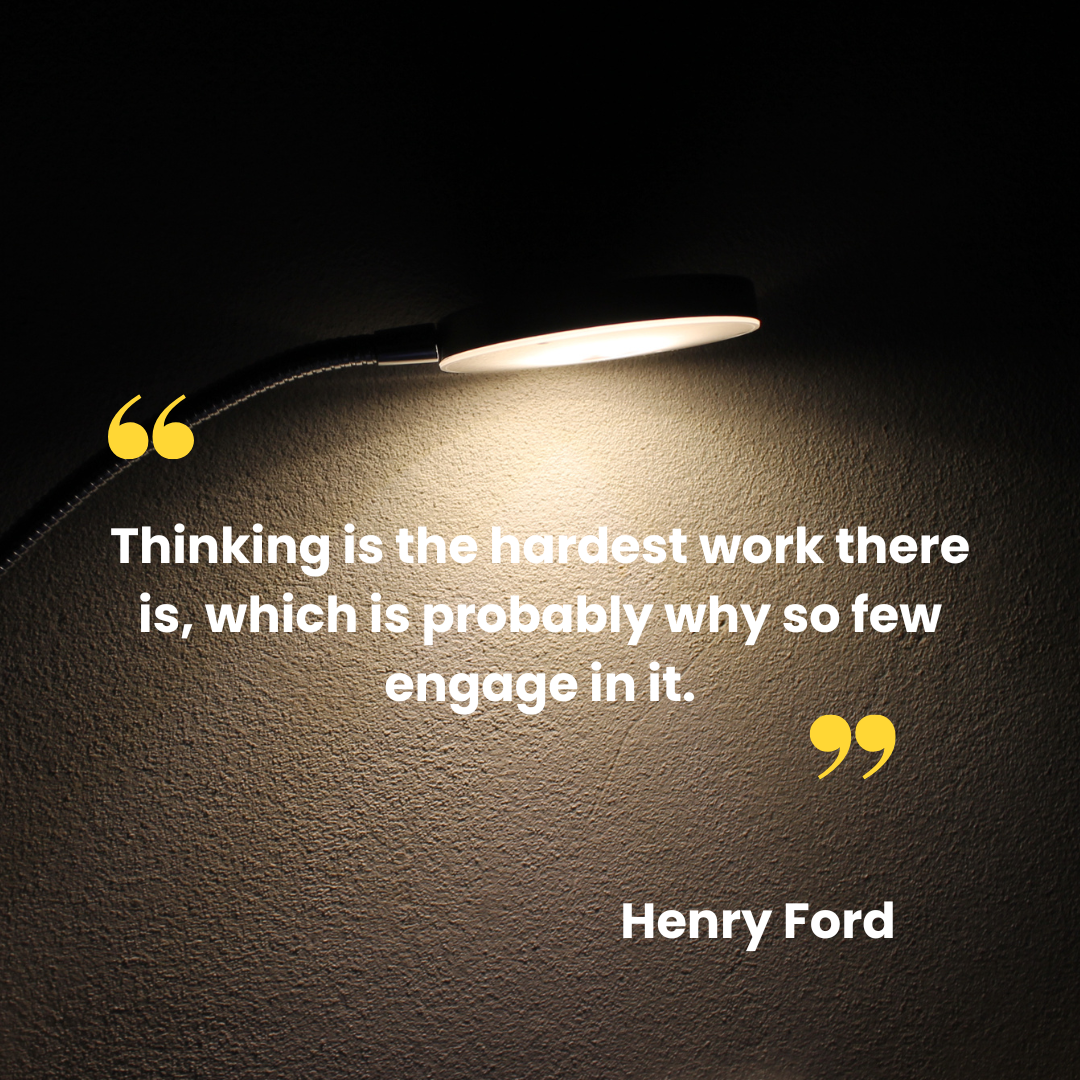 Henry Ford’s quote offers a sharp observation about the effort and discipline required for deep, intentional thinking. In a world often focused on quick fixes and surface-level actions, Ford emphasizes the value and rarity of sustained, thoughtful engagement.
Henry Ford’s quote offers a sharp observation about the effort and discipline required for deep, intentional thinking. In a world often focused on quick fixes and surface-level actions, Ford emphasizes the value and rarity of sustained, thoughtful engagement.
---
**Why Thinking Is Hard Work**
1. **Mental Effort and Focus**
Deep thinking requires concentration, mental discipline, and the ability to wrestle with complex ideas. Unlike reactive or routine thought, intentional thinking demands time, energy, and persistence.
2. **Facing Uncertainty**
Thinking deeply often means confronting uncertainty, questioning assumptions, and exploring unknowns—challenging tasks that can feel uncomfortable.
3. **Delayed Gratification**
Unlike quick decisions or reactive habits, thoughtful problem-solving doesn’t provide immediate results. It requires patience and a willingness to delay gratification.
---
**The Importance of Thinking**
Despite its difficulty, intentional thinking is the foundation of progress and innovation.
- **Problem-Solving**: Careful analysis of problems often leads to more effective, long-term solutions.
- **Innovation**: Groundbreaking ideas and advancements come from deep, creative thought.
- **Self-Awareness**: Reflective thinking fosters personal growth, emotional intelligence, and clarity in decision-making.
Ford’s own success as an innovator underscores the importance of applying thoughtful effort to create meaningful change.
---
**Why Few Engage in It**
1. **Distractions**: Modern life is filled with distractions that pull people away from sustained focus.
2. **Comfort Zones**: Superficial thinking feels easier and safer than grappling with challenging questions or complex problems.
3. **Misplaced Value**: Many prioritize busywork or immediate action over strategic thought, mistaking activity for productivity.
---
**How to Cultivate Intentional Thinking**
1. **Set Time Aside**
Dedicate uninterrupted time for thinking, free from distractions.
2. **Ask Questions**
Engage with problems by asking "why," "how," and "what if."
3. **Reflect Regularly**
Use journaling, meditation, or quiet contemplation to deepen your understanding of yourself and your challenges.
4. **Embrace Discomfort**
Accept that deep thinking may feel difficult but is ultimately rewarding.
---
**Conclusion**
Henry Ford’s quote reminds us that true thinking is not passive—it’s active, challenging, and transformative. By engaging in thoughtful work, we can solve problems, innovate, and grow in ways that reactive or shallow thinking cannot achieve. While it may be the hardest work, it is also the most meaningful and impactful. In a world that often values speed and surface-level answers, the rare art of deep thinking is a skill worth cultivating.
Circumstances do not make the man, they reveal him. James Allen
**Reflection on James Allen’s Quote**
"Circumstances do not make the man; they reveal him." – James Allen 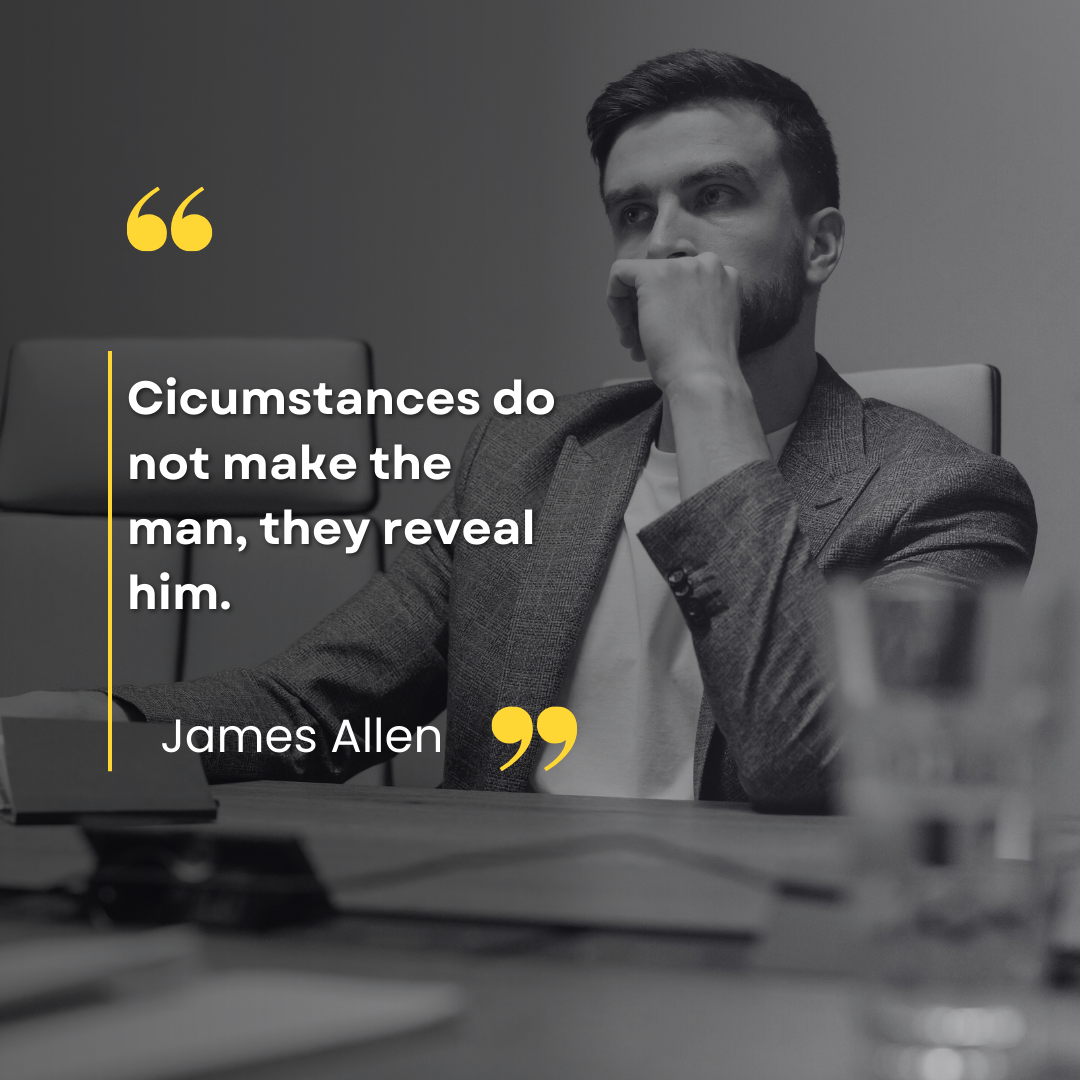 This insightful quote from James Allen emphasizes the idea that external circumstances are not the defining force of one’s character but rather a mirror that reveals inner qualities. It challenges us to look within and consider how we respond to life’s challenges, triumphs, and uncertainties.
This insightful quote from James Allen emphasizes the idea that external circumstances are not the defining force of one’s character but rather a mirror that reveals inner qualities. It challenges us to look within and consider how we respond to life’s challenges, triumphs, and uncertainties.
---
**Circumstances as a Mirror**
Life’s situations—whether favorable or challenging—serve as opportunities to showcase our inner values, strength, and resilience. They do not shape who we are but instead reveal:
- **Our true priorities**: What we value most becomes clear when we face difficult decisions.
- **Our character**: How we respond under pressure demonstrates our patience, courage, and integrity.
- **Our mindset**: Whether we approach obstacles with a fixed or growth mindset becomes evident during trials.
**Example**: Two individuals facing the same setback, such as losing a job, may respond differently—one may become bitter and resigned, while the other may view it as an opportunity for growth. The difference lies not in the circumstance but in the individual.
---
**Why Circumstances Don’t Define Us**
- **External vs. Internal Control**: While circumstances are external, our reactions are within our control. Choosing how to respond allows us to transcend circumstances and maintain agency over our lives.
- **Temporary Nature of Situations**: Circumstances come and go, but the lessons we learn and the growth we experience are lasting.
---
**How to Respond When Circumstances Test You**
1. **Reflect Instead of React**
Use challenges as an opportunity to understand your inner strengths and areas for growth.
2. **Focus on Growth**
Ask yourself, "What can I learn from this situation?" or "How can I become stronger through this experience?"
3. **Stay True to Your Values**
Let your principles guide your actions, even when circumstances seem overwhelming.
4. **Practice Resilience**
Develop the ability to adapt and bounce back, knowing that your response matters more than the event itself.
---
**Revealing Your True Self**
James Allen’s quote invites us to view life’s circumstances not as forces that shape our identity, but as catalysts for self-awareness. Whether it’s success or failure, calm or chaos, every moment holds the potential to uncover our true character.
---
**Conclusion**
Ultimately, circumstances are a test—not of what the world can do to us, but of what we bring to the world. By embracing this perspective, we can rise above external events and focus on cultivating the best version of ourselves. As we learn to respond with wisdom and strength, we reveal our inner potential and create a life of purpose and meaning.
There is nothing either good or bad but thinking makes it so. William Shakespeare
**Reflection on William Shakespeare’s Quote**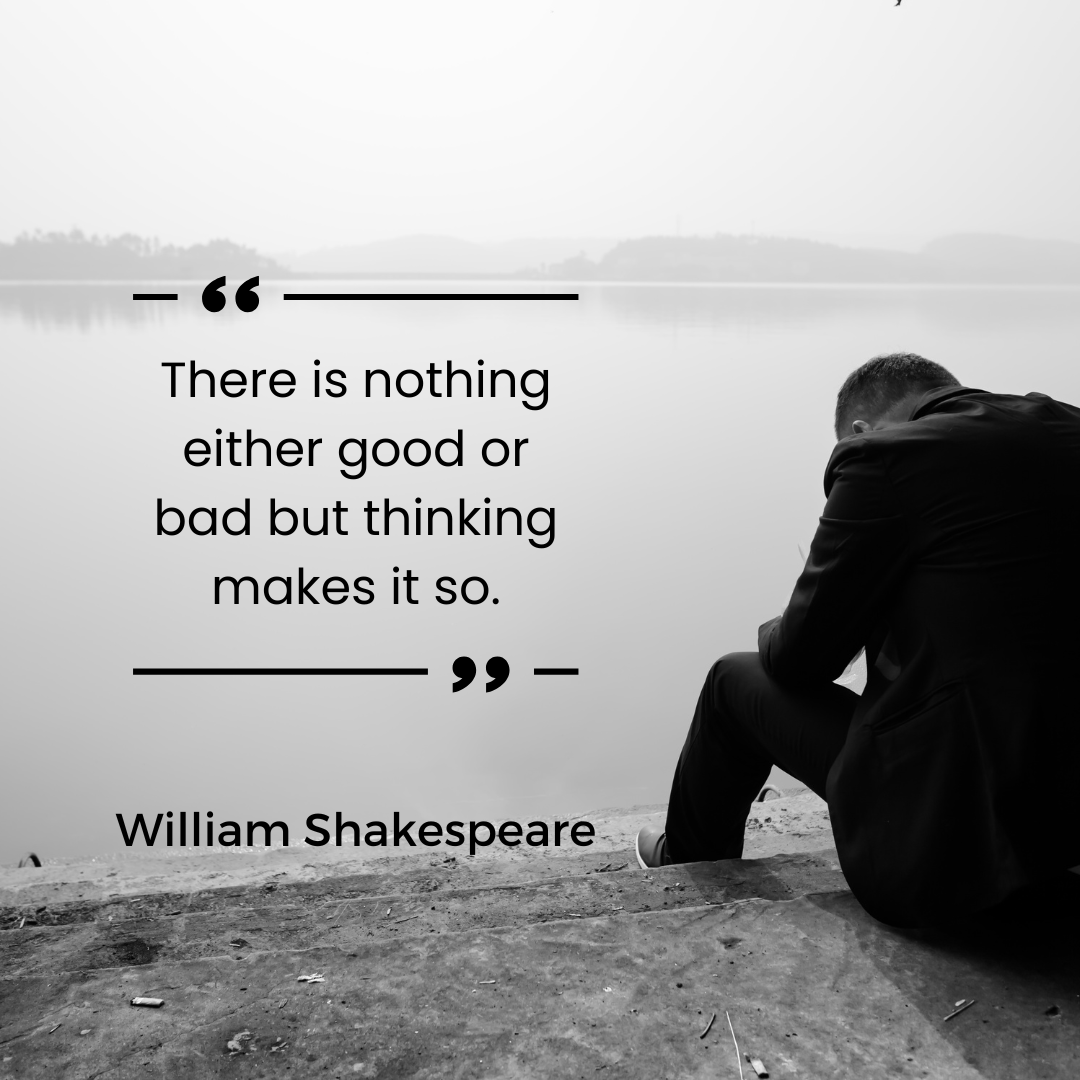
"There is nothing either good or bad but thinking makes it so." – William Shakespeare
This profound quote from *Hamlet* highlights a universal truth about human perception: the way we think about events, experiences, and situations determines how we perceive them. Shakespeare invites us to explore the power of our minds in shaping our reality.
---
**The Subjectivity of Good and Bad**
What one person considers good, another may view as bad, depending on their beliefs, experiences, and values. This subjectivity underscores that it’s not the event itself that defines its nature, but our interpretation of it.
**Example**:
- Rain on a wedding day may seem bad to the couple, but good to a farmer experiencing a drought.
The same event can hold completely different meanings based on perspective.
---
**The Role of Thinking in Our Experiences**
Our thoughts act as filters through which we experience the world. They shape:
- **Emotions**: How we feel about a situation stems from our interpretation of it.
- **Reactions**: The way we respond depends on whether we view an event positively or negatively.
- **Outcomes**: The actions we take are often influenced by how we think about the possibilities.
By changing how we think, we can alter our emotional responses and behaviors, ultimately transforming our experiences.
---
**Lessons from the Quote**
1. **Empowerment Through Perspective**
When we understand that our thoughts create meaning, we gain the ability to shift our perspective. This empowers us to find positivity in challenges and gratitude in ordinary moments.
2. **Detachment from Judgments**
By stepping back and observing our thoughts, we can detach from labels like "good" or "bad" and see situations as neutral experiences with opportunities for growth.
3. **Cultivating Mindfulness**
Mindfulness allows us to observe our thoughts without judgment, helping us reshape negative patterns and foster resilience.
---
**Practical Applications**
1. **Reframe Challenges**
When faced with adversity, ask yourself, "How can this situation help me grow?"
2. **Practice Gratitude**
Focus on the aspects of life that bring you joy and meaning, even during difficult times.
3. **Pause Before Reacting**
When labeling something as "bad," take a moment to consider alternative perspectives.
---
**Conclusion**
Shakespeare’s words remind us that our thoughts are powerful tools that shape our perception of the world. By becoming aware of how we interpret events, we can break free from limiting beliefs and cultivate a mindset that embraces life’s complexities with curiosity and understanding. Truly, thinking holds the key to making our reality what we want it to be.
The World As We Have Created It...Albert Einstein
**Reflection on the Albert Einstein Quote**
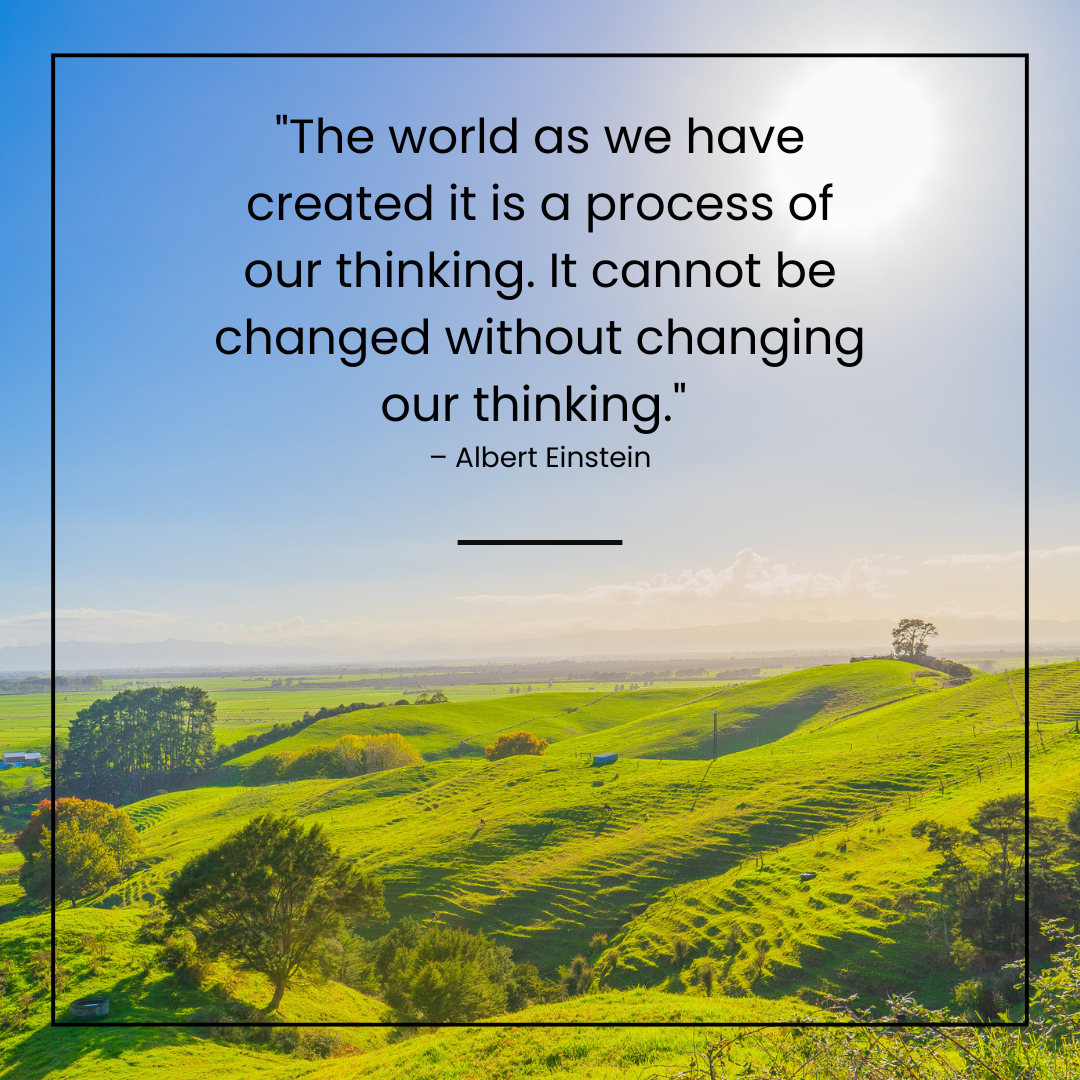 "The world as we have created it is a process of our thinking. It cannot be changed without changing our thinking." – Albert Einstein
"The world as we have created it is a process of our thinking. It cannot be changed without changing our thinking." – Albert Einstein
This profound insight from Albert Einstein reminds us of the deep connection between thought and reality. Our world—be it personal, social, or global—is a reflection of the collective and individual thoughts that shape it. To bring about meaningful change, we must first address the source of all action: our thinking.
---
**The Power of Thought**
Every invention, philosophy, and system that defines our world originated as a thought. Our beliefs and mental frameworks guide our decisions and behaviors, influencing not only our lives but also the environments we create.
- A thriving community begins with inclusive thinking.
- A sustainable planet depends on conscious, forward-thinking mindsets.
Einstein’s quote highlights that our thinking is both the problem and the solution. Change must start within.
---
**Why Change Requires a Shift in Thinking**
If the results of our actions stem from our thought processes, then repeating the same patterns of thinking will inevitably yield the same outcomes. This is why significant transformation—whether personal or societal—requires a shift in perspective:
- **Breaking Limiting Beliefs**: To grow, we must challenge the mental barriers that hold us back.
- **Adopting New Paradigms**: Progress demands thinking that aligns with future possibilities rather than past limitations.
- **Cultivating Creativity**: Fresh ideas lead to innovative solutions, and this requires letting go of rigid or outdated thought patterns.
---
**How to Change Thinking**
1. **Practice Self-Awareness**
Recognize habitual thoughts and assess whether they serve you or hinder you.
2. **Seek Diverse Perspectives**
Engage with people, ideas, and cultures different from your own to broaden your worldview.
3. **Embrace Continuous Learning**
Stay curious and open to new knowledge that challenges existing beliefs.
4. **Mindset Shifts**
Transition from a fixed mindset to a growth mindset, focusing on learning and adaptability.
---
**Applications in Personal and Global Contexts**
- **Personal Growth**: If you feel stuck, examine the thoughts that reinforce your current state. Shifting your mindset can unlock new possibilities.
- **Social Change**: Movements for equality, sustainability, and justice often begin with a collective shift in how society thinks about issues.
- **Innovation**: Progress in science, technology, and art thrives on creative thinking that dares to challenge the status quo.
---
**Conclusion**
Einstein’s quote is both a challenge and an opportunity. It asks us to look inward, recognizing that the change we seek externally begins with a transformation of thought. By shifting our mental frameworks, we can reshape the world we live in—making it more innovative, equitable, and aligned with our highest aspirations.
You Have The Power Over your Mind. Marcus Aurelius
**Reflection on the Marcus Aurelius Quote:**
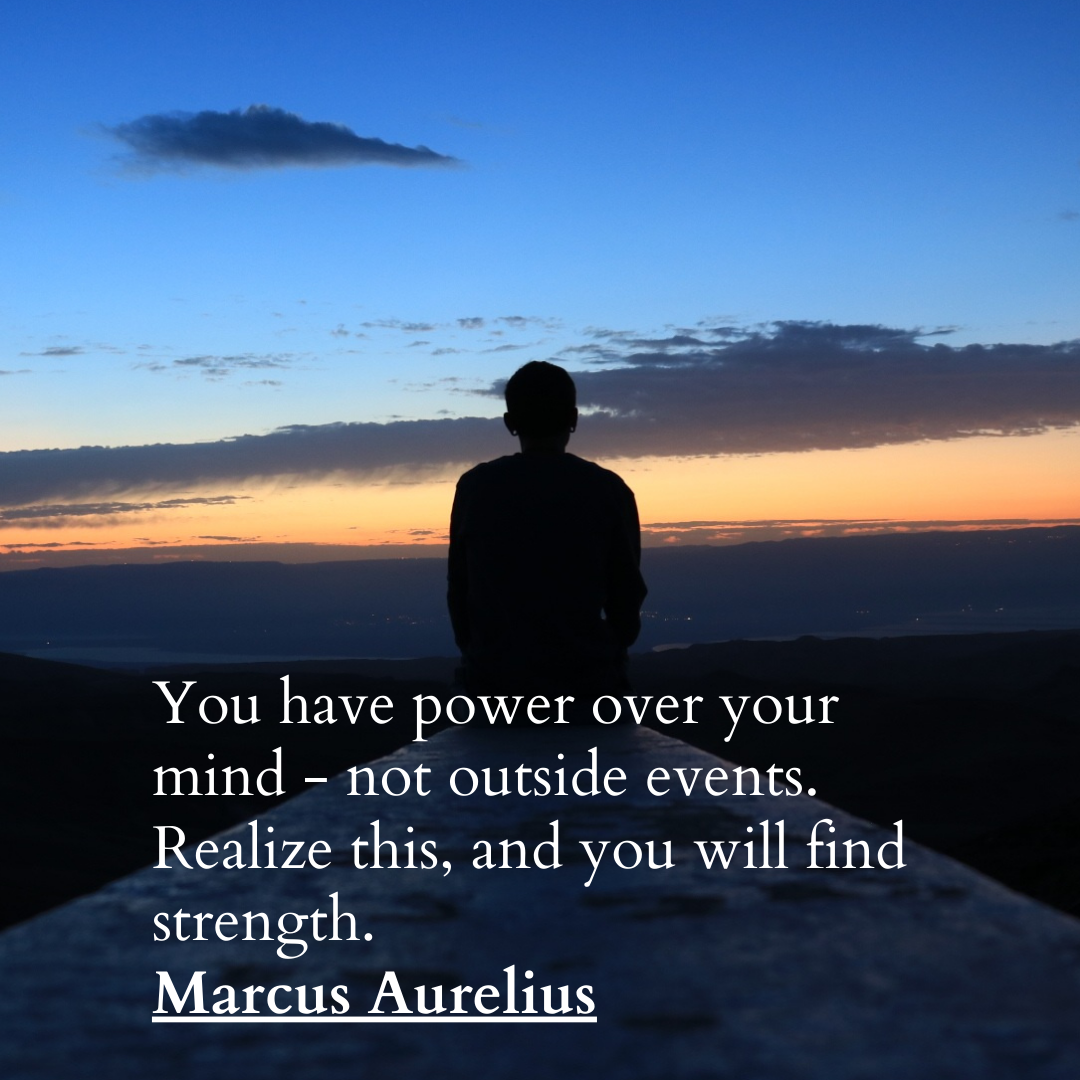 "You have power over your mind - not outside events. Realize this, and you will find strength." – Marcus Aurelius
"You have power over your mind - not outside events. Realize this, and you will find strength." – Marcus Aurelius
This timeless wisdom from the Stoic philosopher Marcus Aurelius holds profound significance in today’s chaotic world. It serves as a reminder that while external circumstances may be unpredictable and beyond our control, the one thing we can always govern is our mindset.
---
**The Power of the Mind**
The mind is the epicenter of our experiences. How we perceive and respond to life’s challenges often dictates the quality of our lives. While we may not influence external events, we can choose how we think about them, interpret them, and ultimately respond. Mastery over the mind creates a sense of stability and strength, even in turbulent times.
---
**Control vs. Influence**
This quote underscores a critical distinction:
- **Control**: We have complete control over our thoughts, attitudes, and actions.
- **Influence**: We may influence outside events or others, but we cannot guarantee outcomes.
Realizing this difference liberates us from unnecessary frustration and empowers us to focus on what we can control—our inner world.
---
**Finding Strength in Acceptance**
True strength comes from accepting that external events are beyond our power while focusing on mastering our responses. For example:
- A challenging situation may arise, but your choice to stay calm, patient, and proactive determines how it affects you.
- A setback in your career may seem disheartening, but viewing it as an opportunity for growth can transform the experience.
This acceptance is not passive resignation; rather, it’s an active choice to direct your energy wisely.
---
**Practical Applications**
1. **Mindfulness**: Practice being present in the moment. Recognize your thoughts and redirect negative patterns.
2. **Journaling**: Reflect on situations where you can separate your reactions from external events.
3. **Gratitude**: Focus on what you have control over, such as the effort you put into your goals or the love you share with others.
---
**Conclusion**
Marcus Aurelius’ words inspire us to embrace the inner strength that comes from self-mastery. Life will always present challenges, but the ability to respond with clarity, purpose, and resilience lies within. By choosing to focus on what we can control—our minds—we unlock a boundless source of power and peace.
Dot By Dot: Your Vision, Your Canvas, Your Life
Dot By Dot: Your Vision, Your Canvas, Your Life
"Transform a constellation of dots into your personal masterpiece. This bullet journal is more than just pages of possibilities—it's your intimate space where ideas bloom, goals take shape, and dreams find their first footprints. Each dot is a potential beginning, waiting to become part of your story through lists, doodles, trackers, or reflections. Whether you're planning your next adventure, tracking your daily victories, or mapping out your grandest aspirations, this journal adapts to your unique rhythm. Like stars in the night sky, these dots are yours to connect, creating patterns that reflect your journey, celebrate your creativity, and document your growth—one meaningful mark at a time."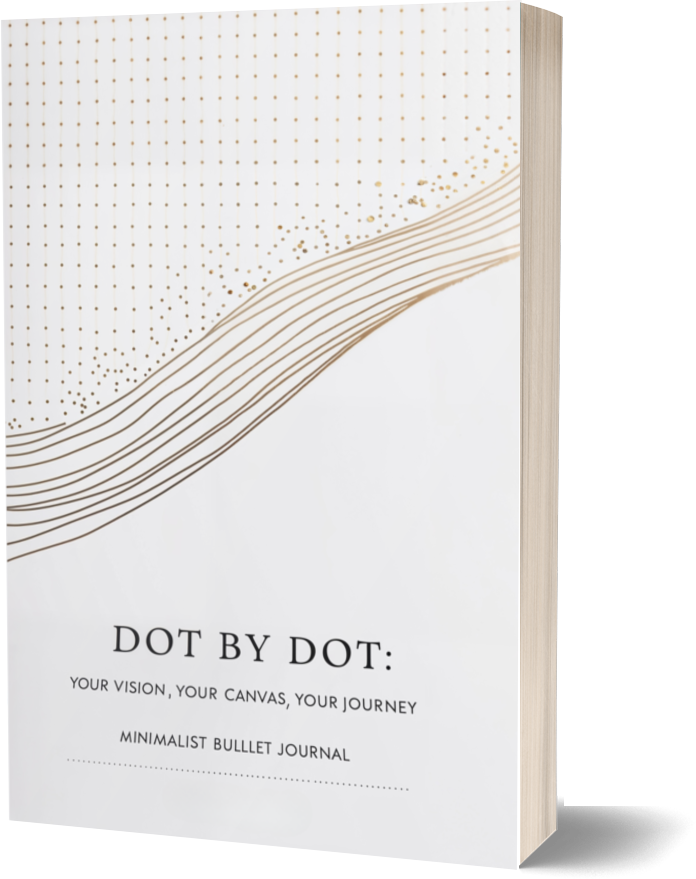
Why Choose a Dotted Journal?
Your mind doesn't work in straight lines, so why should your journal? The dotted layout offers the perfect foundation for multiple uses: create precise tables and charts for project planning, sketch freehand illustrations, design beautiful calendars, or write naturally while maintaining neat alignment. The dots serve as gentle guides, disappearing into the background of your creations while ensuring your work stays organized and visually appealing.
Perfect for:
Building personalized productivity systems
Creating stunning habit trackers and goal planners
Designing custom calendars and schedules
Practicing mindful journaling and reflection
Sketching and artistic expression
Taking structured notes that actually make sense later
Crafting vision boards and mood trackers
Start Your Journey Today:
Transform your ideas into reality with our premium dotted journal. Because everyone deserves a canvas that's as unique as their vision."
Habit Mastery: From Self-Sabotage to Self-Empowerment
From Self-Sabotage to Self-Empowerment: A Masterclass in Personal Transformation
Transform your relationship with success and unlock your true potential with this groundbreaking guide to overcoming self-sabotage. Written for ambitious professionals, entrepreneurs, and anyone ready to break free from self-limiting patterns, this book offers a sophisticated approach to personal transformation that goes far beyond simple motivation.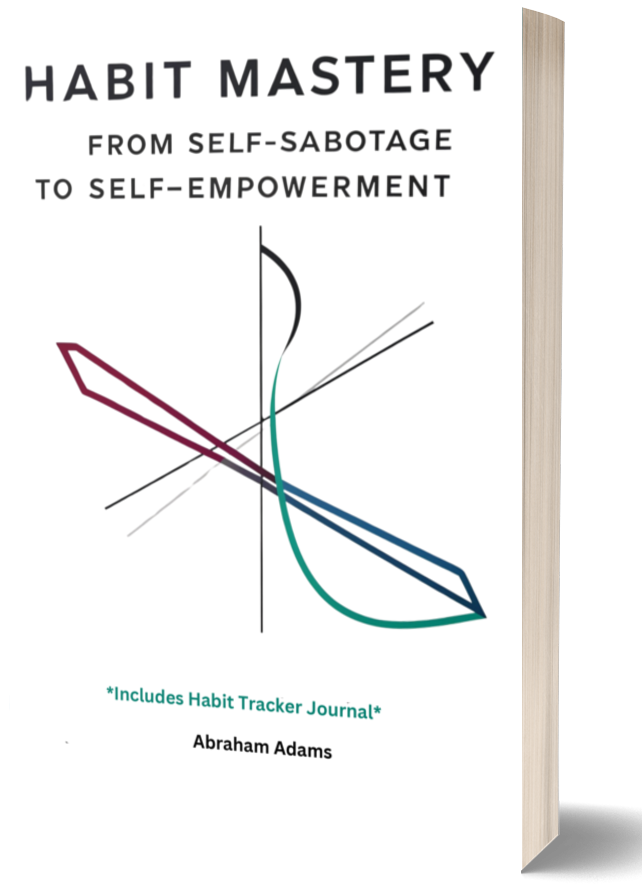
Inside this comprehensive guide, you'll discover:
- Deep insights into the psychology of self-sabotage
- Practical strategies for breaking free from limiting patterns
- Advanced techniques for building unshakeable self-trust
- Professional development frameworks that drive lasting change
- Cutting-edge approaches to habit formation and lifestyle design
Drawing from extensive research and real-world success stories, this book provides a complete roadmap for transformation, from understanding your self-sabotage patterns to creating sustainable success across all areas of life.
What Sets This Book Apart:
- A sophisticated, psychology-based approach to personal change
- Practical frameworks that integrate seamlessly into busy lives
- Advanced strategies for both personal and professional growth
- Complete with habit tracking tools and implementation guides
- Proven techniques for maintaining momentum through challenges
Start your journey from self-sabotage to self-empowerment today. Your breakthrough awaits.
You vs You
Speakers: Kevin Hart Tyrese Gibson David Goggins Jon Jones Ed Mylett Joe Rogan Alex Hormozi Jocko Willink Greg Plitt Kyrie Irving Chris Williamson Chazz Palminteri
YOU vs YOU
<p style="text-align: center;"><iframe width="560" height="315" src="https://www.youtube.com/embed/QkCa--fyGjA?si=DyTrSmrSQ9s-D1n9" title="YouTube video player" frameborder="0" allow="accelerometer; autoplay; clipboard-write; encrypted-media; gyroscope; picture-in-picture; web-share" referrerpolicy="strict-origin-when-cross-origin" allowfullscreen></iframe></p><p style="text-align: center;"<Speakers:
Kevin Hart
Tyrese Gibson
David Goggins
Jon Jones
Ed Mylett
Joe Rogan
Alex Hormozi
Jocko Willink
Greg Plitt
Kyrie Irving
Chris Williamson
Chazz Palminteri</p>
- Audio Articles
- Audio Articles 1
- Audio Articles 2
- Audio Articles 3
- Audio Articles 4
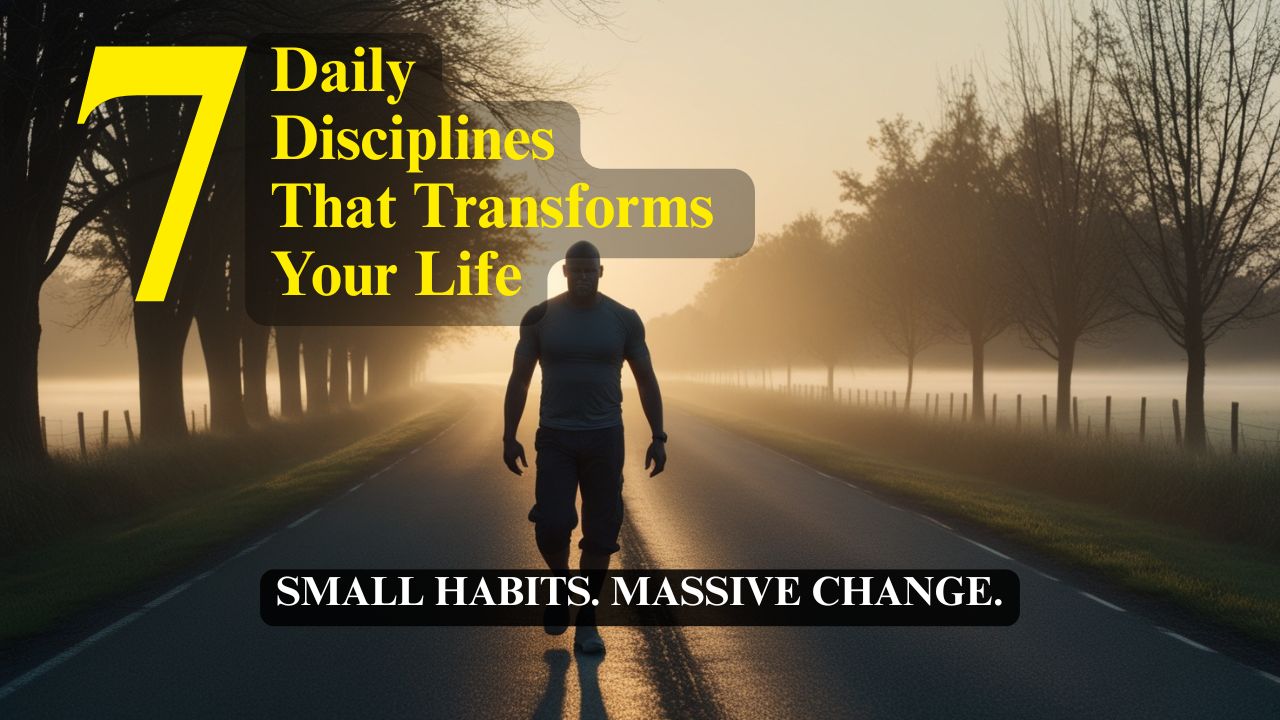
7 Daily Disciplines That Transform Your Life
The power to act with intention, to align your actions with your values, and to move steadily toward a life of purpose—even on days you don't feel like it.
Read Full Article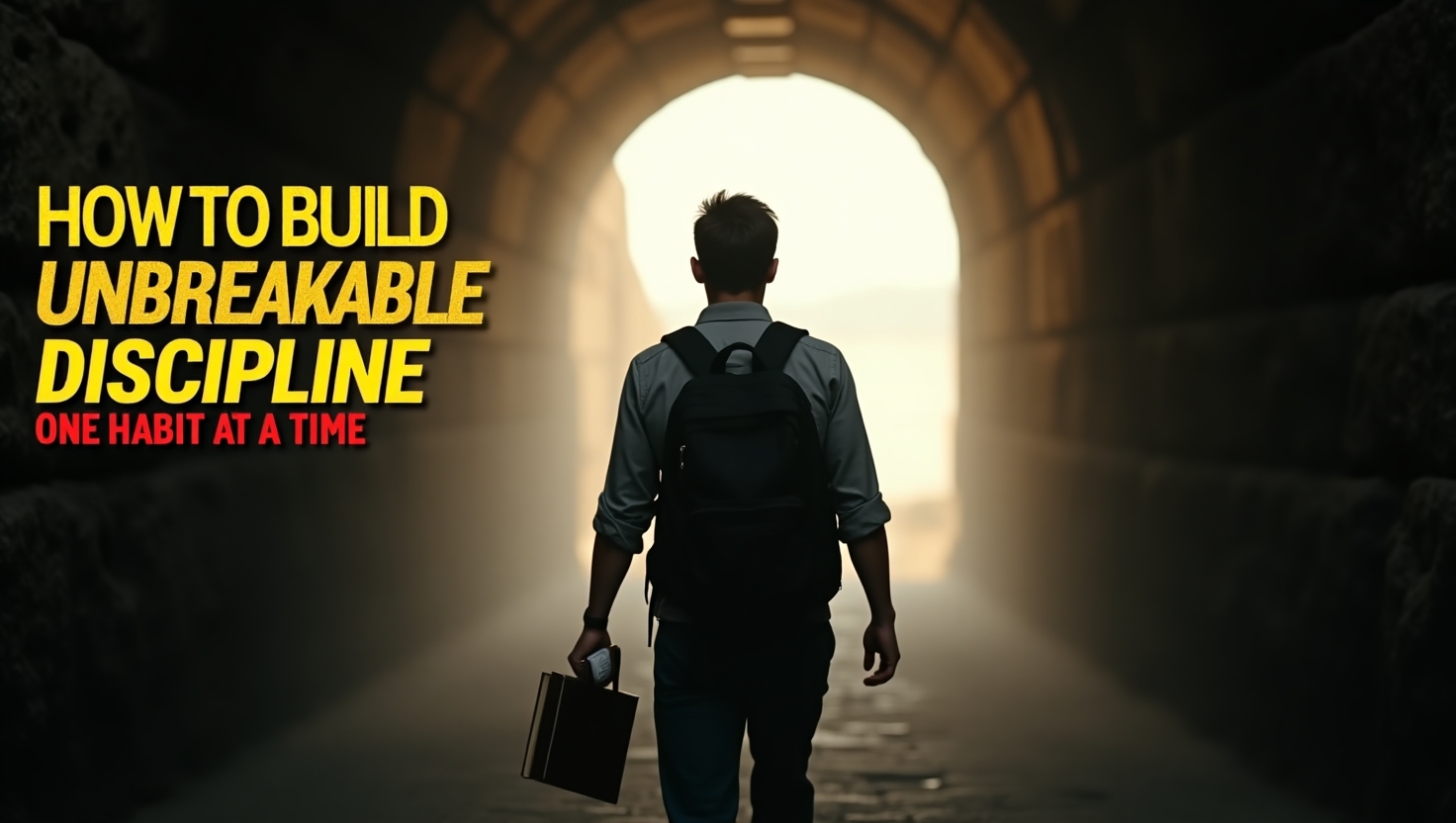
How to Build Unbreakable Discipline
Discipline is built—habit by habit, choice by choice, day by day. And the most powerful kind? The kind that doesn’t crack under pressure. The kind that becomes part of who you are.
Read Full Article
Why Motivation Fails And Discipline Wins Every Time
We all love the feeling of motivation—that surge of energy, that rush of inspiration that makes everything seem possible. But here’s the problem: motivation is unreliable. It’s emotional. It comes and goes. And if your goals rely on you “feeling like it,” you’re already in trouble.
Read Full Article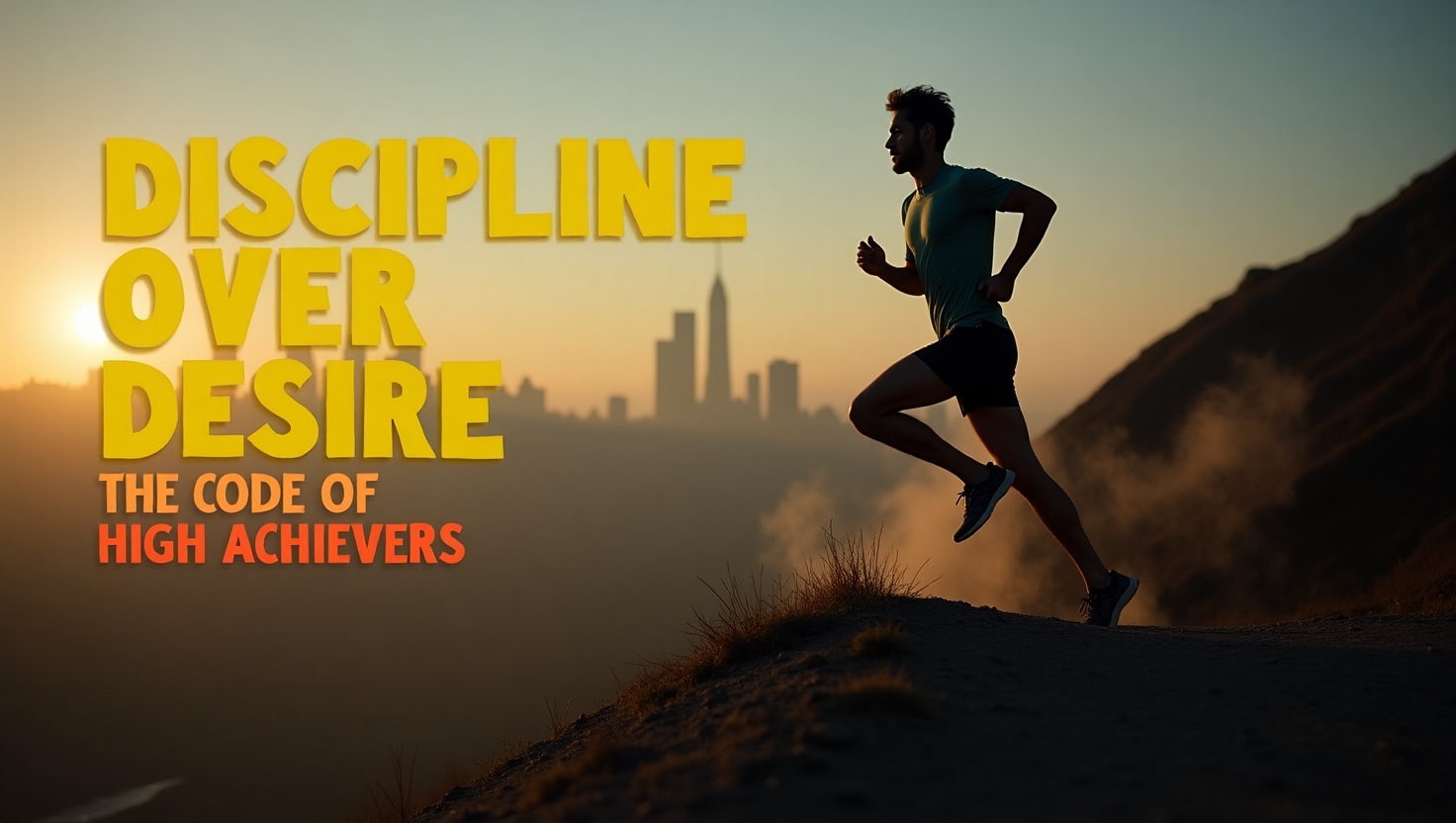
Discipline Over Desire
Desire is loud. It burns bright, talks fast, and loves to dream. But desire alone doesn't achieve much. Every person has desires. Very few have the discipline to bring them to life.
Read Full Article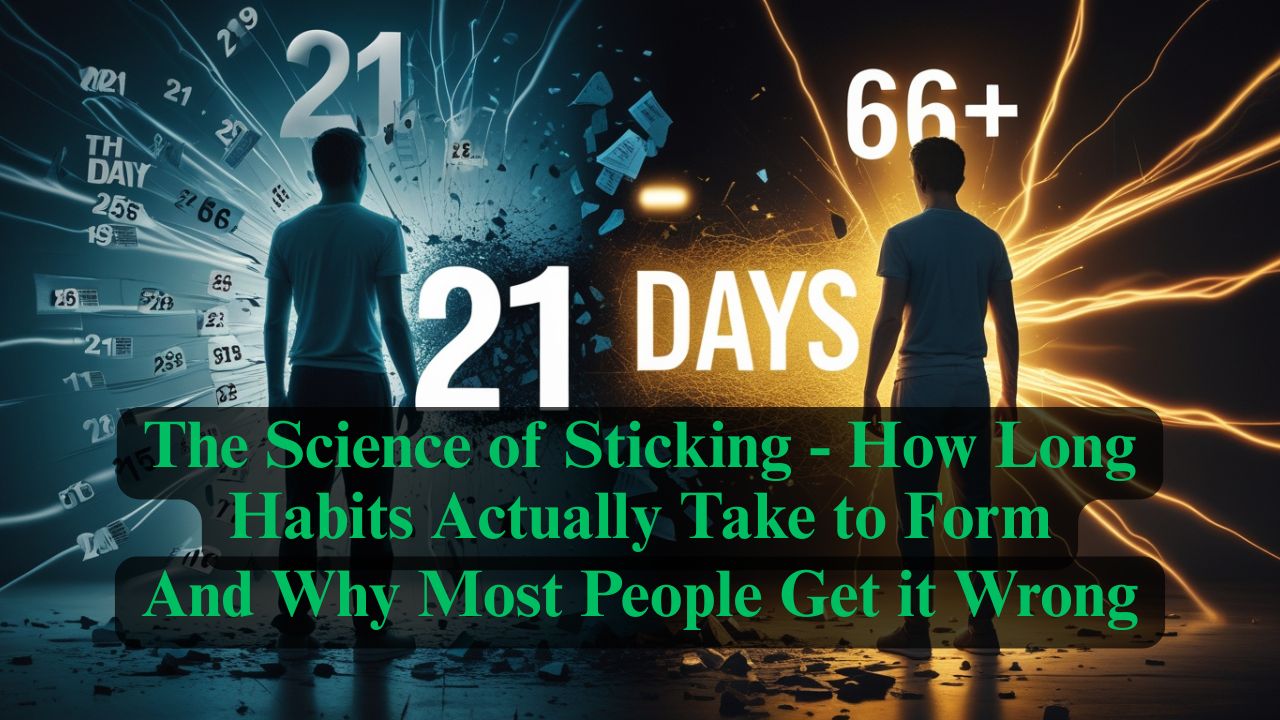
The Science of Sticking
If you've ever tried to build a new habit, you've probably heard that it takes 21 days. This number gets thrown around so often that it feels like scientific fact.
Read Full Article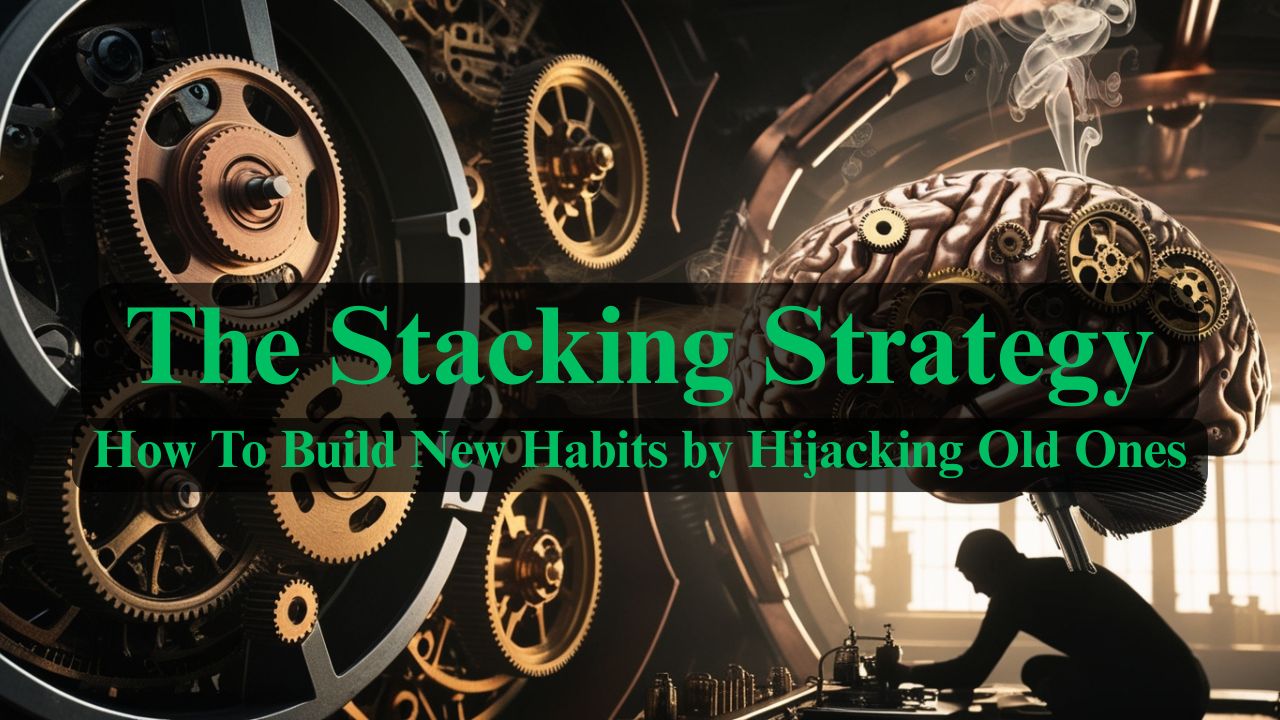
The Stacking Strategy
What if I told you that the habits you already have—even the ones you consider "bad"—could become the secret weapons for building the habits you want?
Read Full Article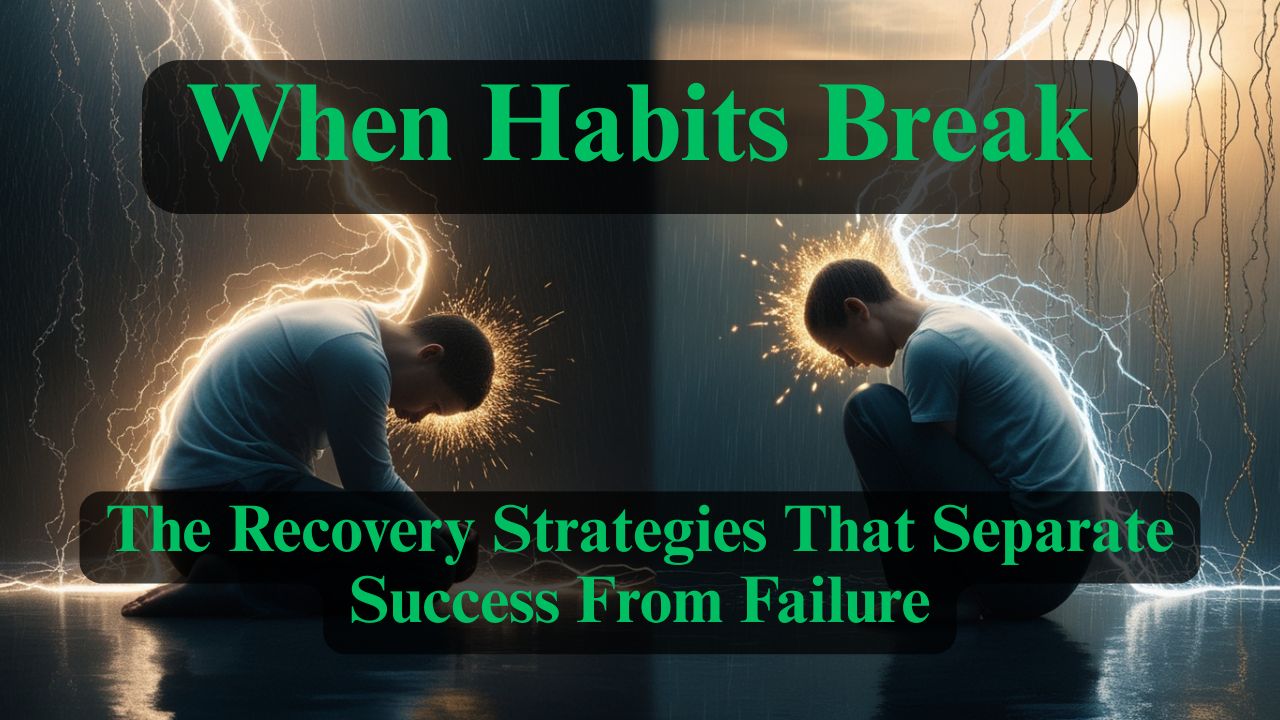
When Habits Fail - The Recovery Strategies That Separate Success From Failure
Here's what nobody tells you about building habits: you will fail. You'll miss days. You'll fall off track. You'll have weeks where everything falls apart.
Read Full Article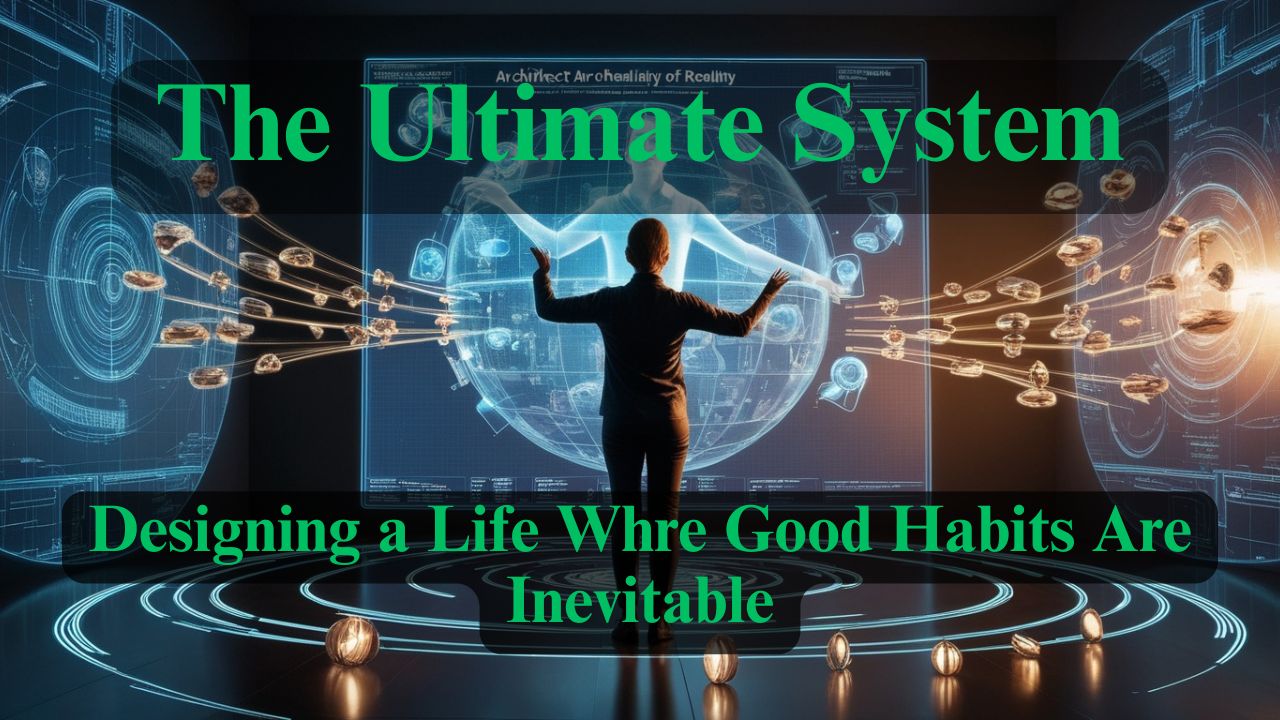
The Ultimate System - Designing a Life Where Good Habits Are Inevitable
You've learned to recognize habits, understand their formation timeline, stack them strategically, and recover from setbacks.
Read Full Article

